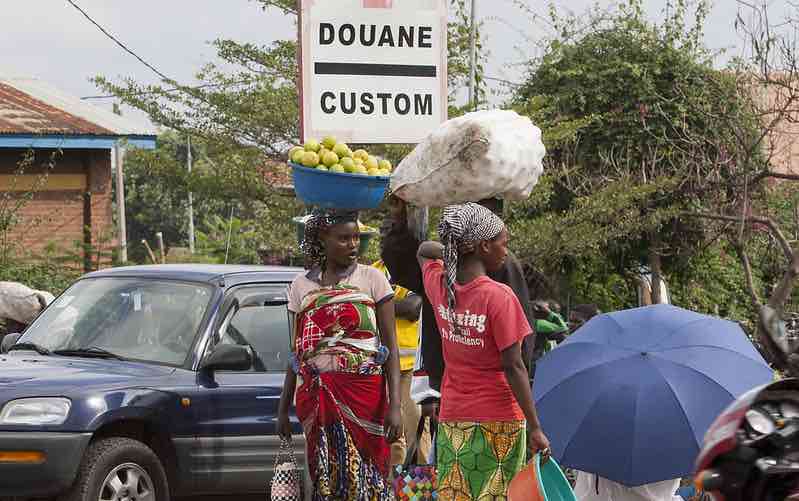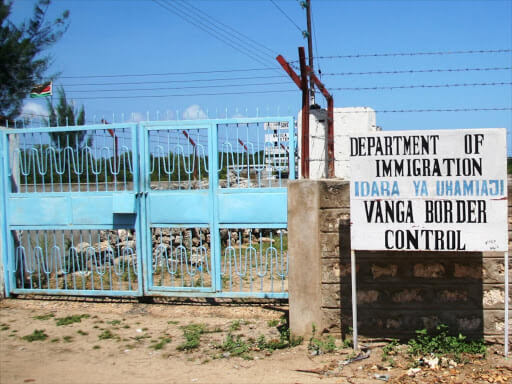The Regional Integration and Trade Division at United Nations Economic Commission for Africa released a report entitled “Facilitating cross-border trade through a coordinated African response to COVID-19”. The report provides a critical assessment of existing border restrictions and regulations, with a view to providing guidance on how to strike an appropriate balance between curbing the long term spread of the virus and facilitating emergency and essential trade, according to United Nations Economic Commission for Africa. Stephen Karingi, Director of Regional Integration and Trade Division, commenting on the report, noted that COVID-19 may become the new normal for some time, forcing African Governments to adapt and innovate in order to facilitate new safe ways of conducting cross-border trade. Maintaining trade flows as much as possible during the pandemic will be crucial in providing access to essential food and medical items and in limiting negative impacts on jobs and poverty. Following the COVID-19 outbreak, nearly all African countries have imposed various degrees of restrictions on cross-border movement of goods and people, including suspension of international flights, quarantine requirements for entrants, and closures of land and maritime borders. Under a set of strict regulations, these closures target reducing movement of people while allowing exemptions for the movement of emergency and essential freight supplies. Such regulations typically cover mandatory testing, sanitizing trucks, limiting the numbers of crew members, and designating transit resting areas. These restrictions and regulations have helped in the continent’s COVID-19 battle, but they have also had negative impacts on cross-border trade...
Facilitating cross-border trade through coordinated Africa response
Posted on: August 17, 2020
Posted on: August 17, 2020
























